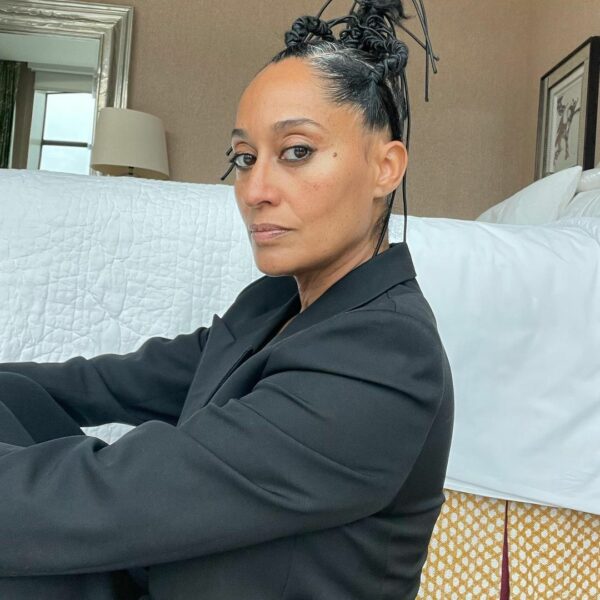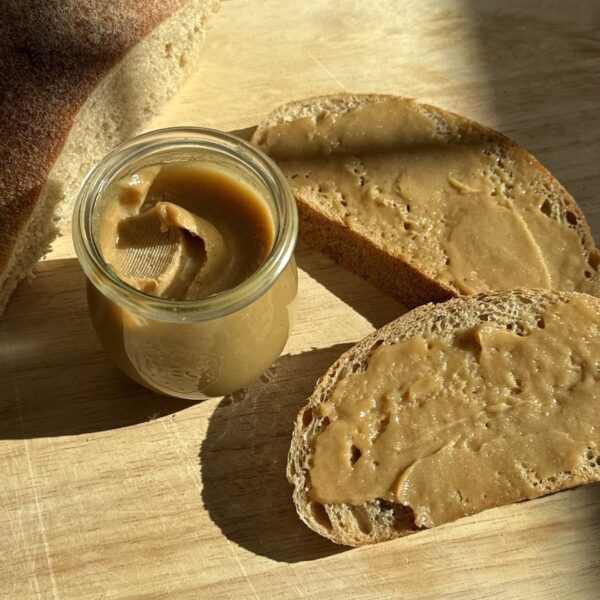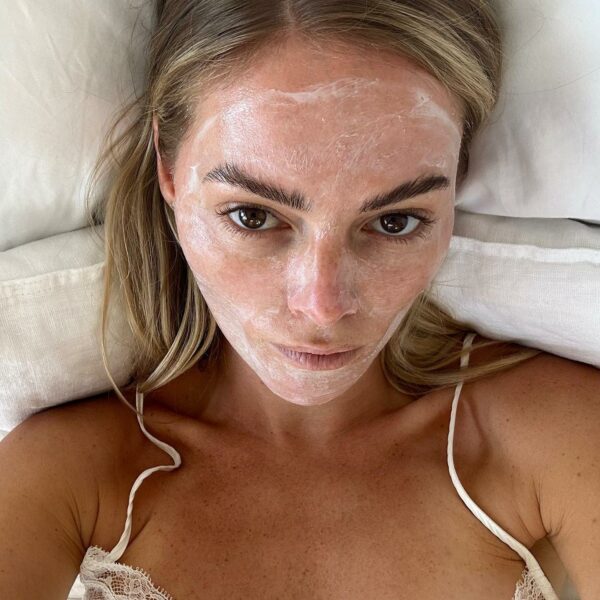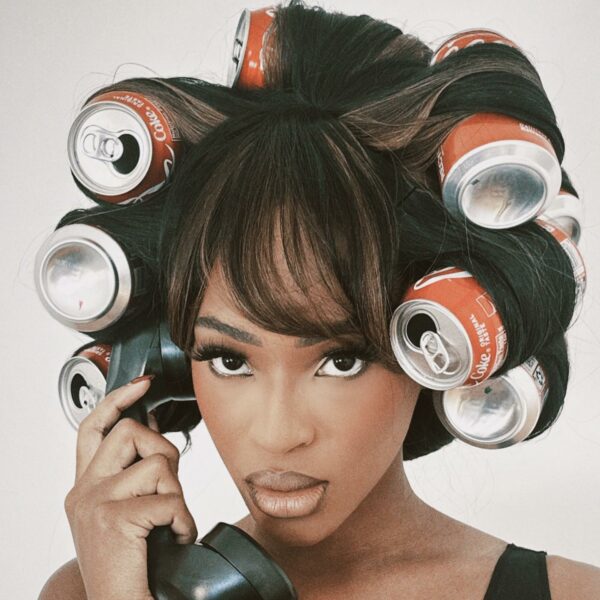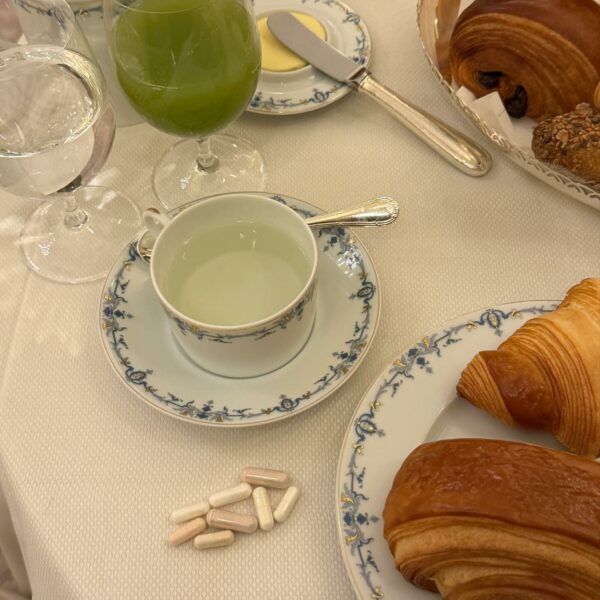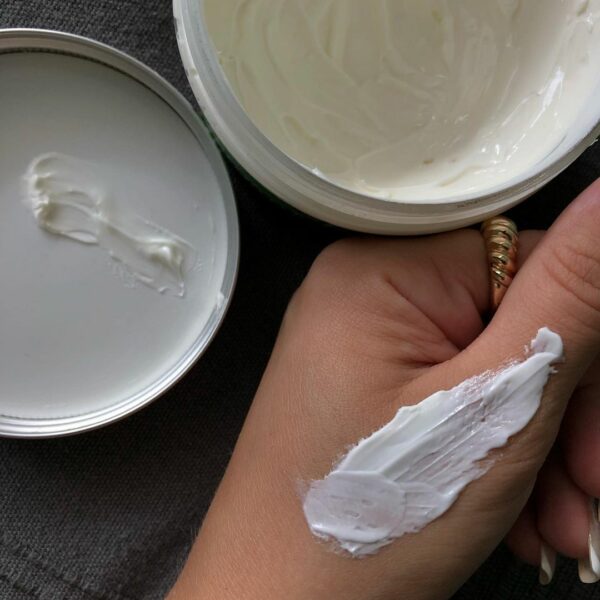It’s safe to say that we humans dedicate much of our time and money to our hair. Think about it: we cut it, style it, color treat it, and more. Hair is an investment, but unfortunately, nearly half of us are bound to experience hair loss at one point or another. If you’ve noticed your hair thinning and it’s become an insecurity, the first step is finding out the cause. Getting to the root of the problem will help you figure out the best solution to move forward with. Thankfully, there are several natural remedies you can lean on to help treat thinning hair. But first, let’s look at some of the most common causes:
Thyroid issues—both hyperthyroidism and hypothyroidism—are frequently connected to thinning hair. To differentiate the two: hyperthyroidism is classified as an overactive thyroid and causes symptoms such as fatigue, irritability, nervousness, and weight loss. Hypothyroidism can cause dry skin, weight gain, and muscle weakness. Both conditions can lead to significant hair changes that ultimately lead to hair loss. With hyperthyroidism, hair becomes very fine and a lot softer in texture; with hypothyroidism, hair becomes significantly drier and more coarse. Since the thyroid contributes to important functions throughout the body, including brain and muscle development and regulating digestive function, irregular thyroid function can affect more than just healthy hair growth.
Iron deficiency is another common cause of hair loss and affects about 20 percent of women. When iron levels are too low, it becomes nearly impossible for the body to transport oxygen to cells—oxygen that is needed for hair to grow. Iron deficiency can be caused by a lack of iron in the diet, as well as losing too much iron during menstruation. Hair loss due to iron deficiency is more common in women because it’s very likely to occur during pregnancy. Luckily, iron deficiency is one of the easier causes of hair loss to fix.
Now, let’s look at some natural remedies:
B Vitamins are essential for healthy hair. They ensure that the body’s cells are functioning properly and help create new blood cells, which is important for hair growth. You’ve likely already heard about all the things biotin (B7) has to offer your hair, but it’s not the only the B vitamin that can help treat thinning hair. Vitamins B1, B2, B3, B5, B6, B7, B9, and B12 all have the power to strengthen hair from the inside out. These can be found in individual supplements or in foods such as avocados, nuts, whole grains, legumes, and leafy greens.

There’s a variety of natural scalp treatments you can try at home to invigorate the roots of your hair and prevent thinning. Exfoliation is a great start, and all you need is a soft bristle brush to get the job done. The massage motion of this method helps stimulate the scalp and can improve hair thickness by encouraging cell turnover. It doesn’t hurt that this is also an overall relaxing experience. Another tip for exfoliation is to use a scalp scrub that penetrates well beyond the surface, while also removing any excess oils and buildup. Since dryness is usually a contributing factor to thinning hair, keeping the scalp moisturized with essential oils is very important. You never want to neglect the scalp, as it’s the hub for the overall health of your hair and you can’t stop or prevent thinning without properly caring for it.
Eating enough food and nourishing your body properly is an absolutely must in order to have healthy and strong hair. If you’re not healthy and strong, how can you expect to have hair that is? Poor nutrition leads to brittle, dry, and ultra-fine hair, so it’s important to have a diet that’s as clean and unprocessed as possible. If you’ve confirmed your hair loss is a result of low iron deficiency, you’ll need to implement more iron into your diet daily. Some foods that can help regrow and restrengthen your hair are avocados, legumes, fatty fish, berries, spinach, and nuts.
There’s been a lot of buzz surrounding fermented rice water for hair growth as of late, specifically for curlier and natural hair types. The practice of using fermented rice water in hopes of growing out hair dates all the way back to ancient Japan, and now it’s all over the internet. However, there’s no scientific research to back up the claim that this actually makes hair grow. If you’re interested in trying it, you’ll need to save water from soaking a pot of white rice. You only want to use white rice here, because brown rice is too rich in protein and other types don’t contain enough nutrients to seep into the scalp. To ferment the water, let it sit at room temperature for a minimum of 12 hours, then pour it into a spray bottle. After spraying it evenly throughout your hair, leave it on for about 20 minutes and rinse thoroughly.
Editor’s note: If you’re looking for additional ways to help with hair growth and want to consider professional treatments, Dr. Jason Diamond recommends, PRP. “Platelet-rich plasma, otherwise known as PRP, has a high concentration of growth factors, platelets, and proteins, all of which combine to increase circulation and tissue regeneration to the scalp and damaged hair follicles. It is imperative to determine the appropriate potency of platelets so that the efficacy of the treatment is optimized,” he explains.
One last hack we want to share is filling in your hairline with an eyeshadow that matches your hair color to make your mane look fuller. Kourt uses this trick all the time.
About Dr. Mona Vand: As a pharmacist, I understand wellness at a chemical level. Most pharmacists believe in filling prescriptions. I believe in a healthy lifestyle. Medication is only part of the equation for maximum health. Wellness stems from diet, exercise, and mindset. Learn more about Dr. Mona Vand by visiting her website www.drmonavand.com.
The content provided in this article is provided for information purposes only and is not a substitute for professional advice and consultation, including professional medical advice and consultation; it is provided with the understanding that Poosh, LLC (“Poosh”) is not engaged in the provision or rendering of medical advice or services. The opinions and content included in the article are the views of the author only, and Poosh does not endorse or recommend any such content or information, or any product or service mentioned in the article. You understand and agree that Poosh shall not be liable for any claim, loss, or damage arising out of the use of, or reliance upon any content or information in the article.
Up next, be the first to know our weekly content and sign up for our Poosh newsletter.











